‘Unveiling the “religion of electricity” uncovers a narrative embedded in modernity which challenges reductive secularization theories, especially Max Weber’s classic portrayal. The “religion of electricity” embodies both the scientification of religion and the re-enchantment of the world, offering intriguing anomalies to explore.’
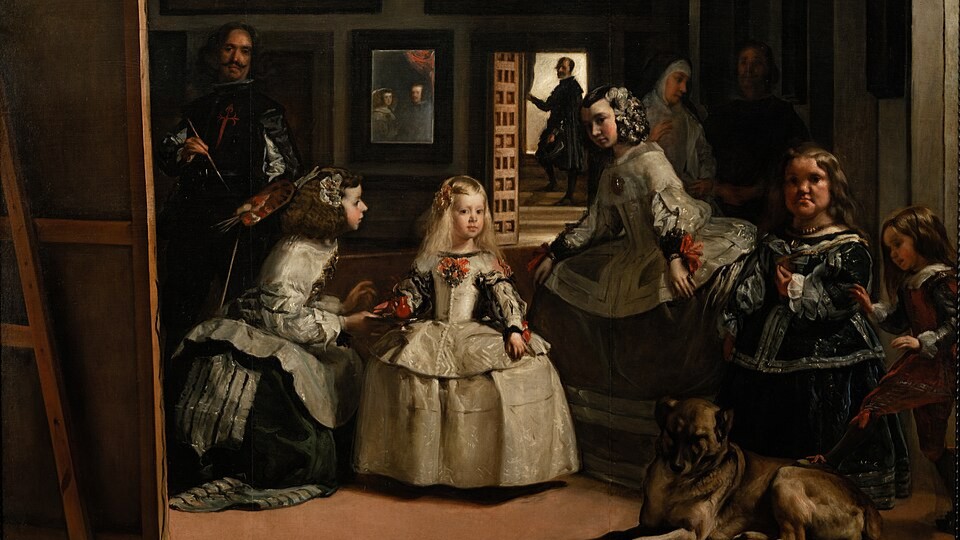
‘The American Republic in the first half of the 19th century gradually drifted away from the Founders’ original vision and embarked on the path of modern mass democracy. The final result of this, paradoxically, became exactly what the Founders had feared…The Jacksonian rejection of the principle of hierarchy led not to the fulfilment of freedom, but to the rise of a new, faceless form of tyranny.’
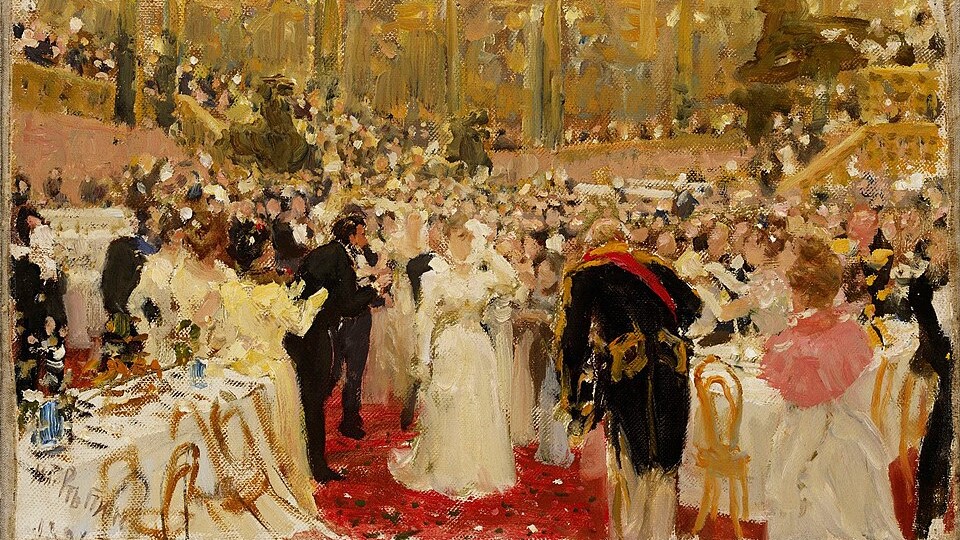
‘School, therefore, never ends: the modern citizen is the subject of re-education from the cradle to the grave, stripped of the past so that he may obediently march toward the technological utopia.’
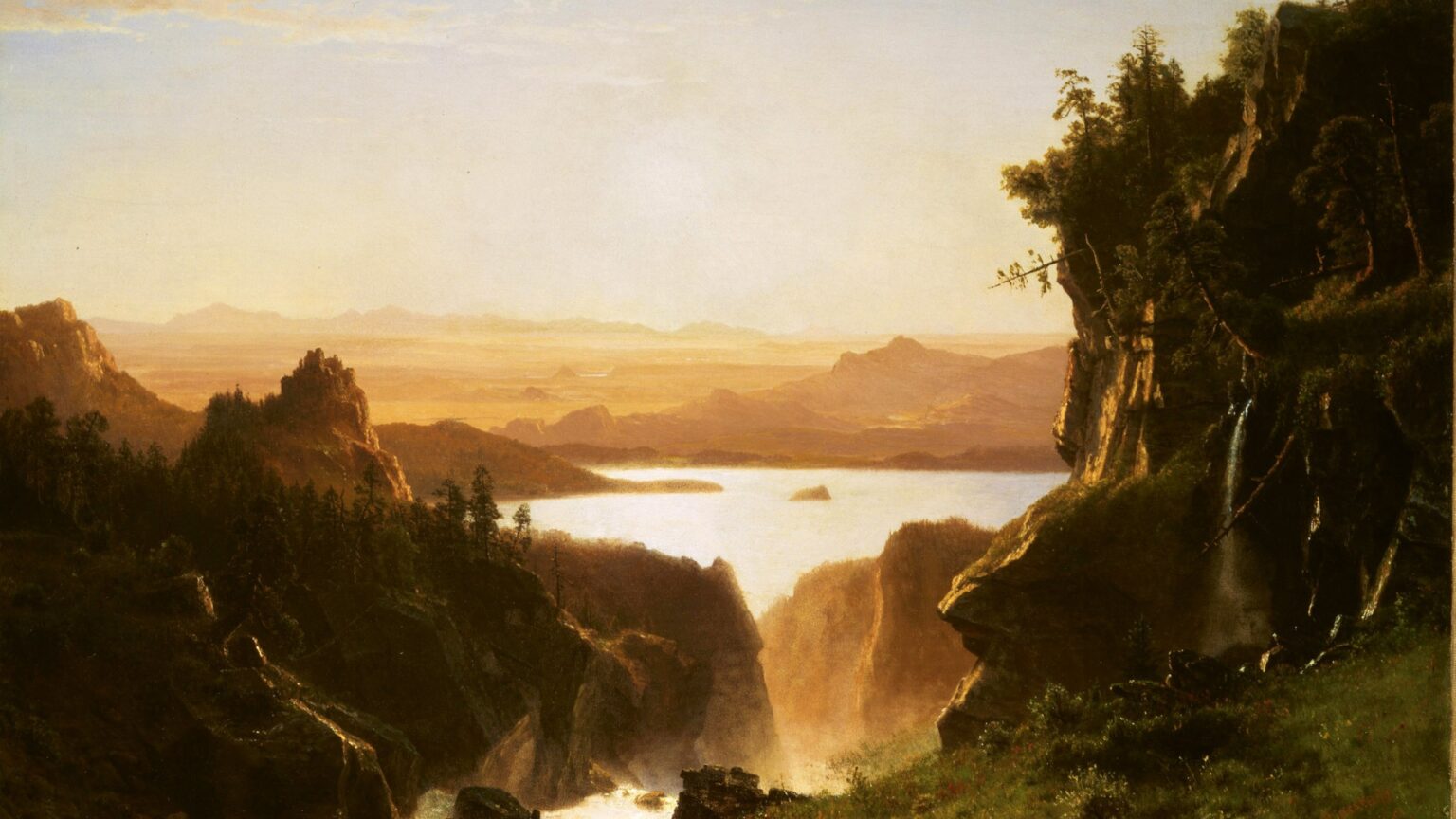
‘De Maistre was not a practitioner of political anthropology, but rather its instructive forerunner. As such, his writings may provide extremely important and useful contributions to its expansion and reinterpretation.’
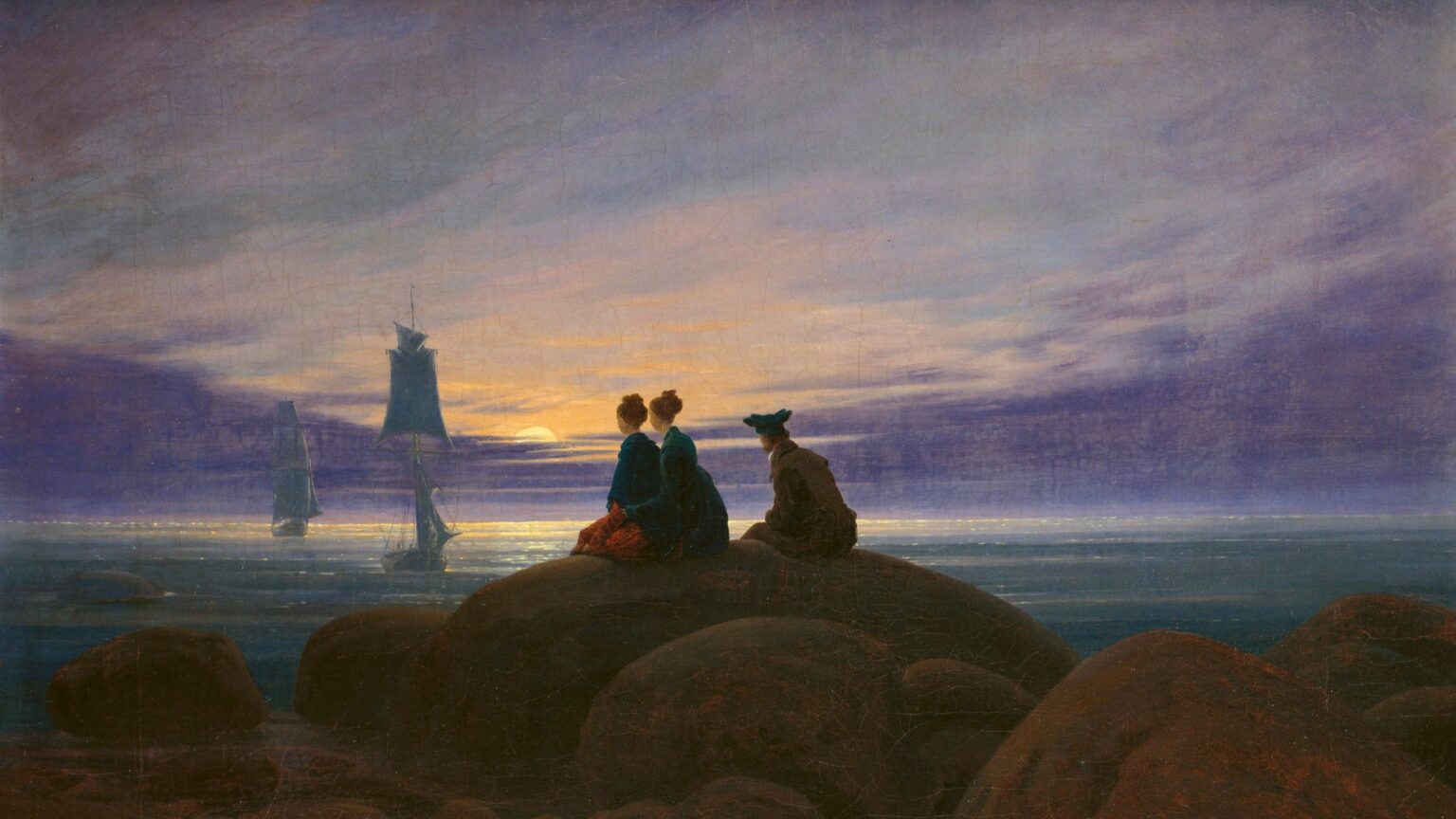
‘Learning, the moral and intellectual basis of human life, must be readapted and reopened to the world of value and inspiration. Education must once again become Bildung.’
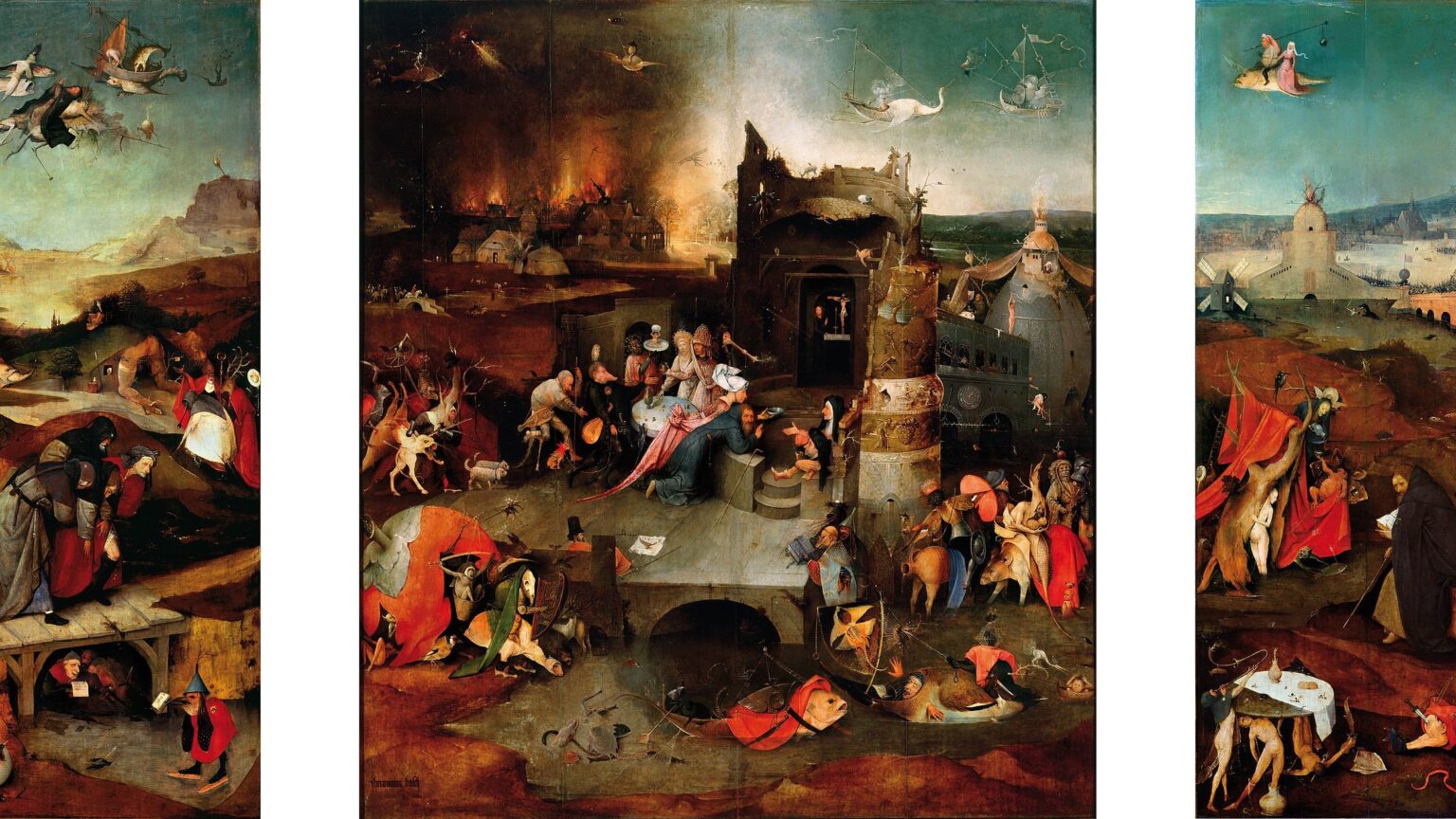
‘…without intellectual and political leaders who are able and daring enough to go beyond the surface-level symptoms of the infocracy, our capacity to reform society and adapt to a post-infocratic world becomes increasingly limited. It would be like fighting the weather: we might cool our houses with air conditioning, but we cannot stop the heat from entering in the first place.’
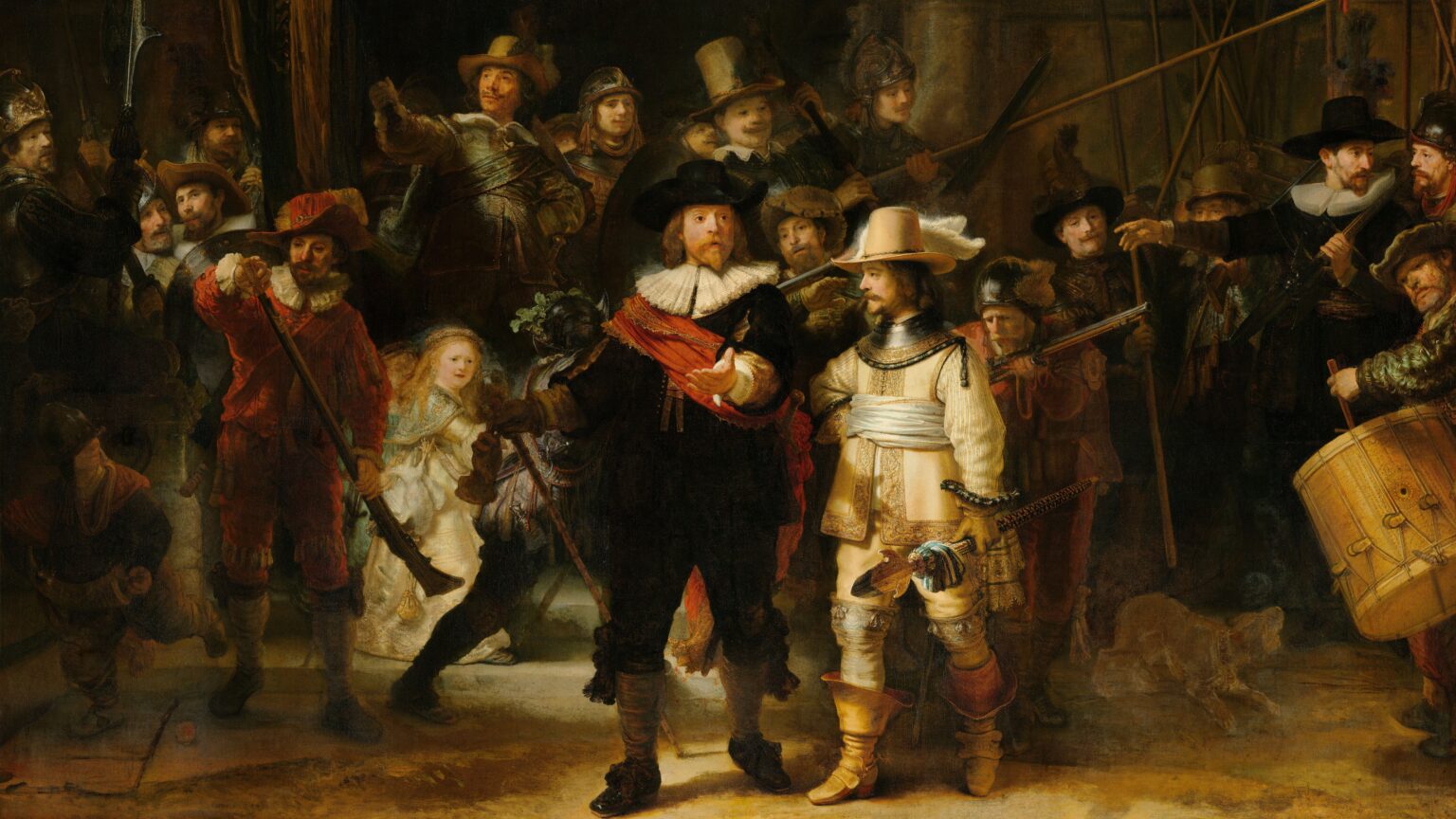
‘The so-called “populist wave” is not the enemy of democracy; it is the symptom of liberal democracy’s philosophical exhaustion.’
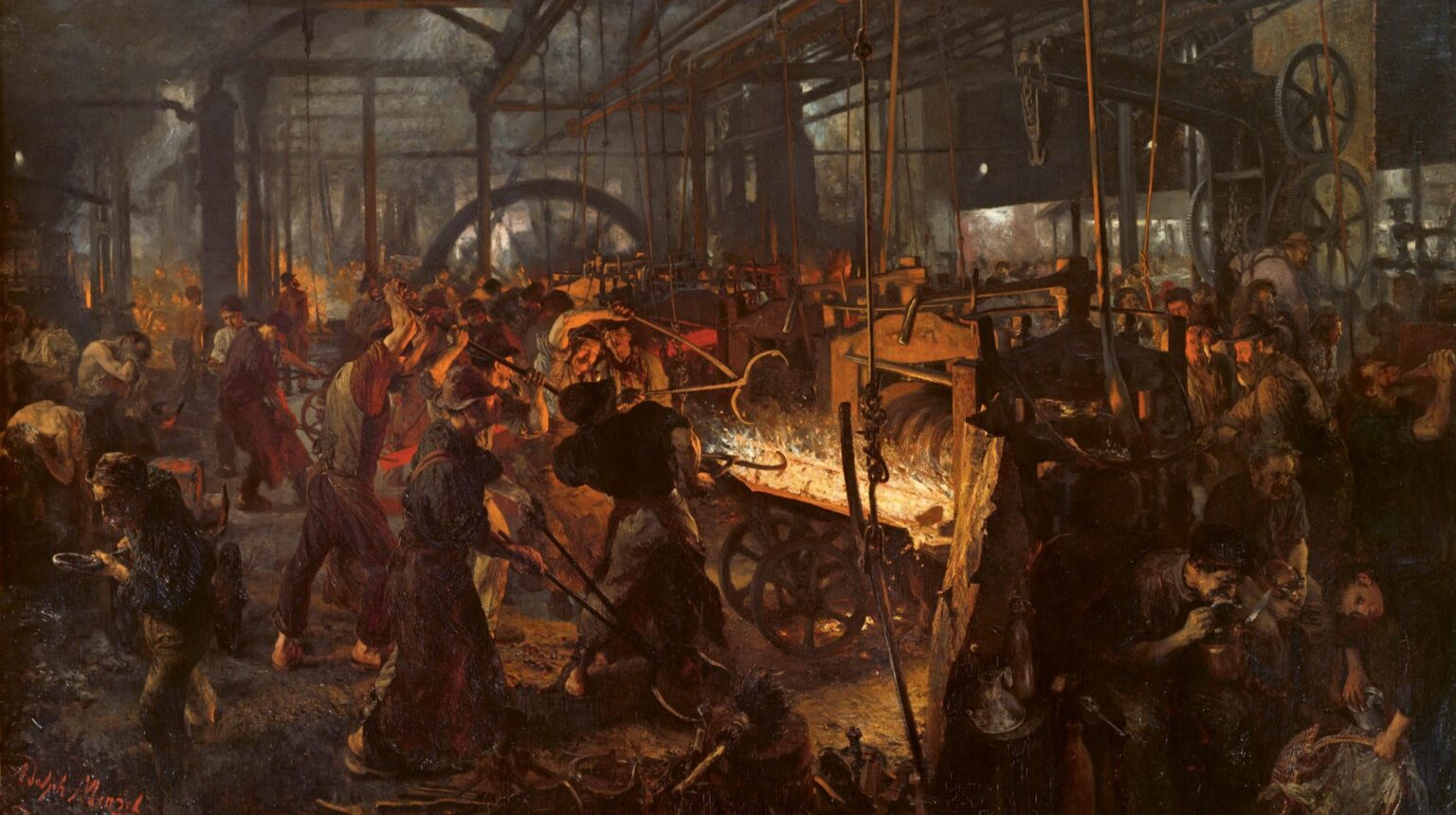
‘The conservative commitment to national sovereignty and democratic accountability ensures that governance remains responsive to the citizens it serves, rather than distant ideological or bureaucratic elites. This maintains a critical check on the imposition of one-size-fits-all moral doctrines, preserving cultural diversity, civic participation, and democratic legitimacy.’
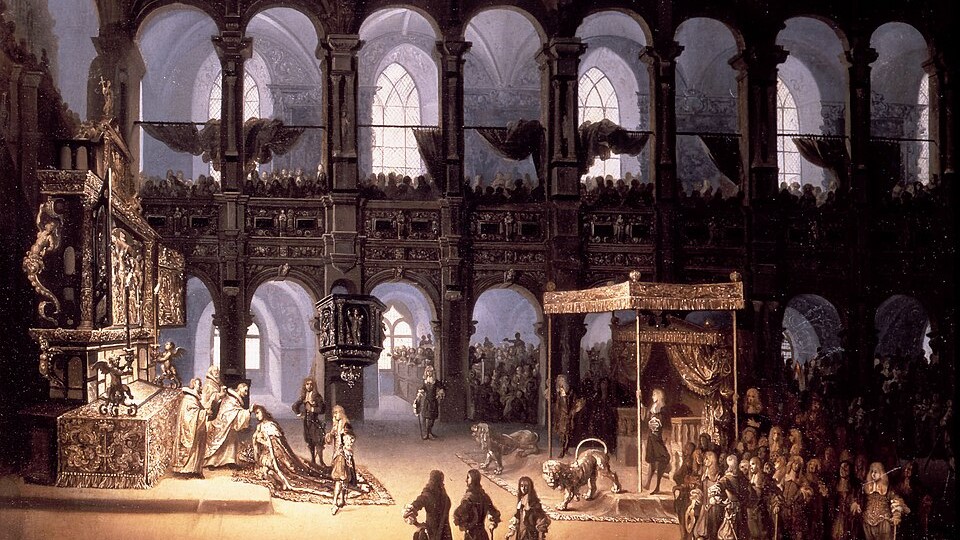
‘Since the masses are easily manipulated, democracy is the natural breeding ground for demagogues, and a straight path leads from it to totalitarianism.’
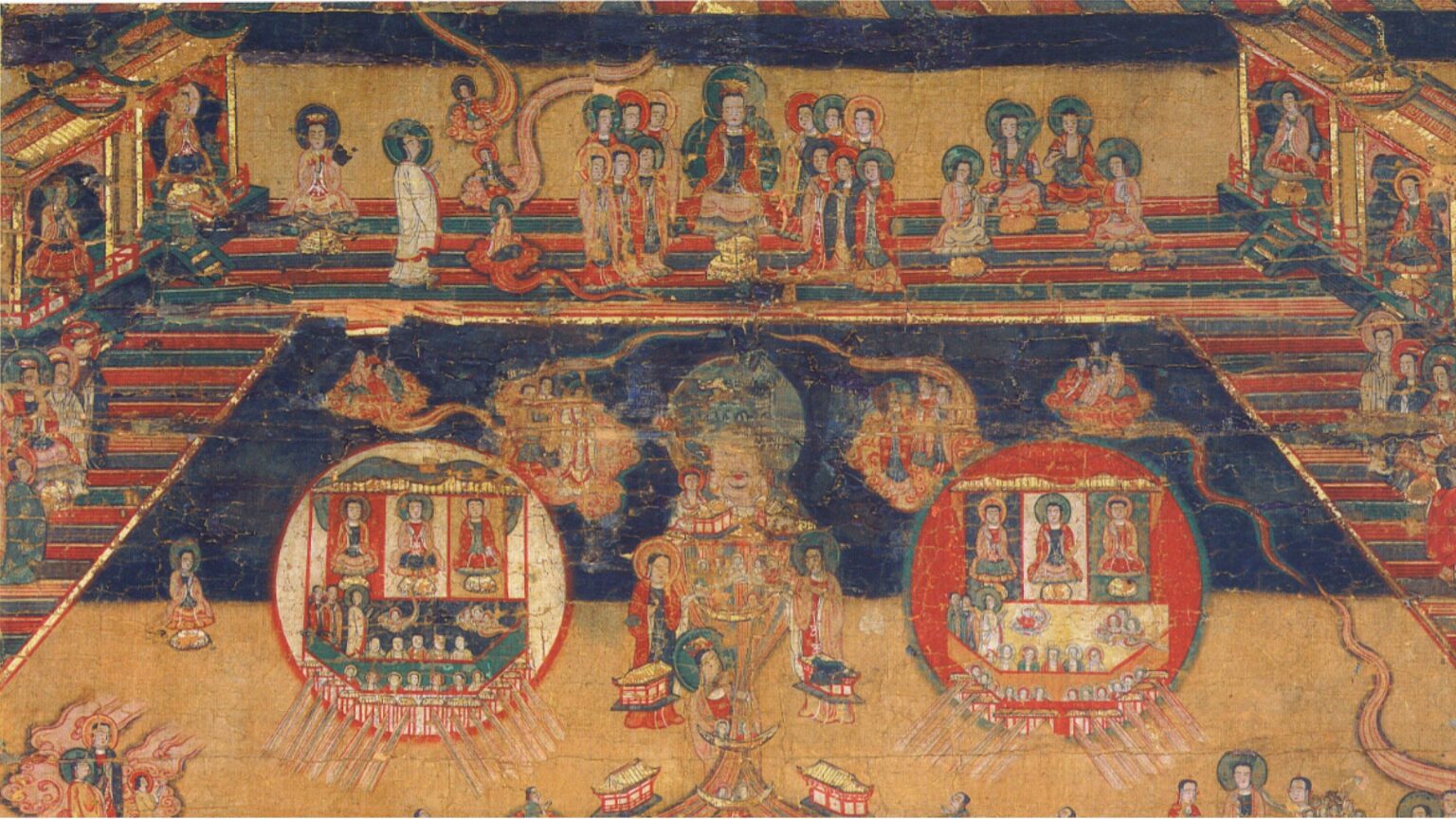
‘After the modern revolutions destroyed traditional, hierarchical structures, the resulting vacuum was filled…by “bureaucratic authority”. The modern state bureaucracy is the political operating system of the Heideggerian Enframing: a rational, impersonal machine which…liquidates all intermediate, organic communities and freedoms in the name of equality and central efficiency.’
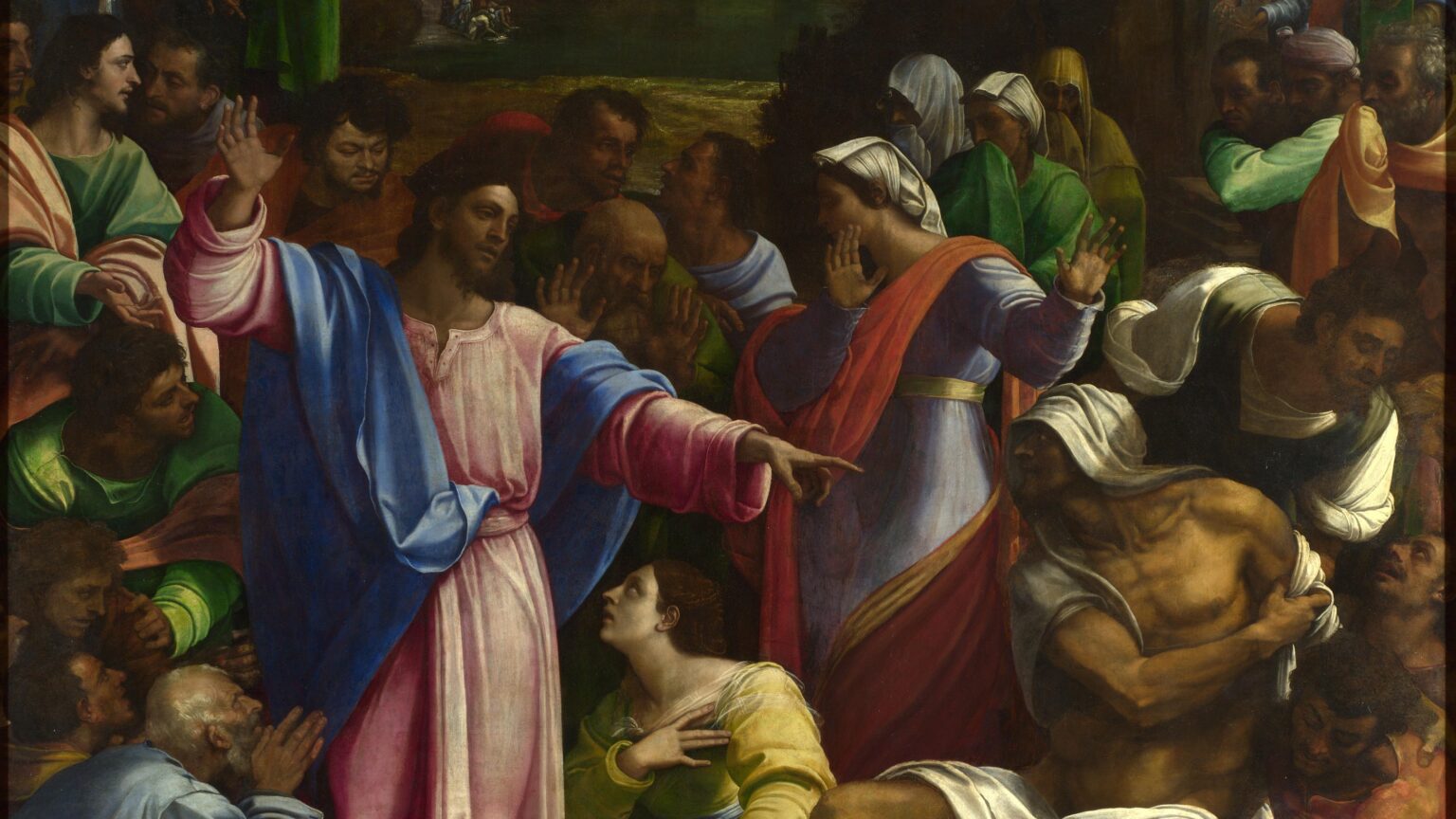
Of course, every human life is subject to the passage of time; no human body can survive once it has grown old, worn out, and its biological functions have ceased. Yet, according to the Bible, no human body dies permanently—everyone will be resurrected in the body, some in one way, some in another.
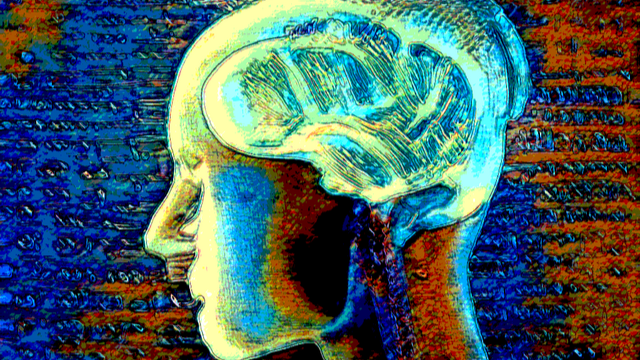
‘The danger is not that artificial intelligence will turn evil, but that we will forget how to discern good.’
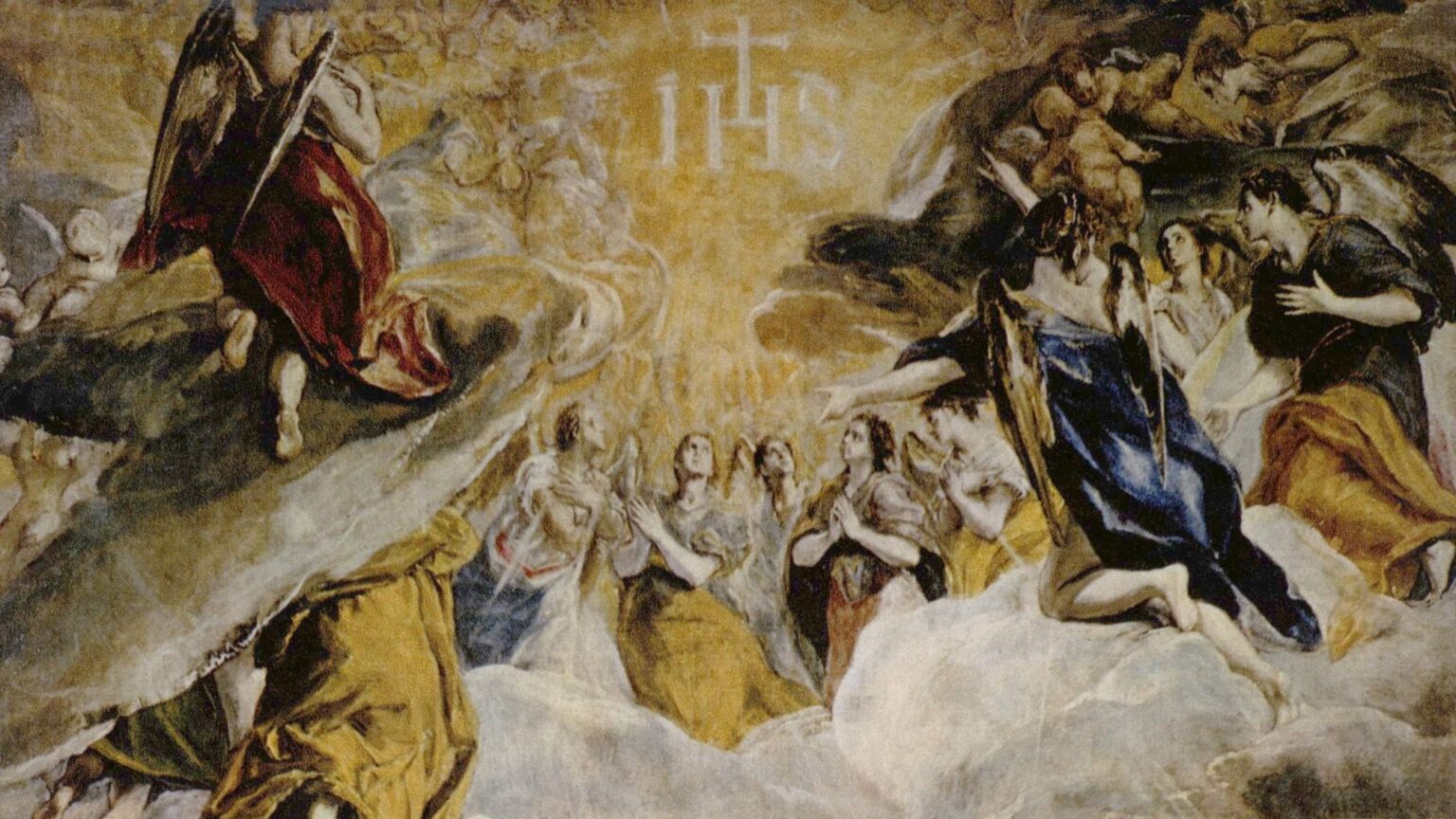
‘In an age dominated by the immediacy of scrolling, the icon insists upon stillness. Where modern images reflect narcissism, icons guide the viewer toward transcendence. The practice of looking reverently at an icon can serve as a powerful antidote to the visual distractions of modernity.’
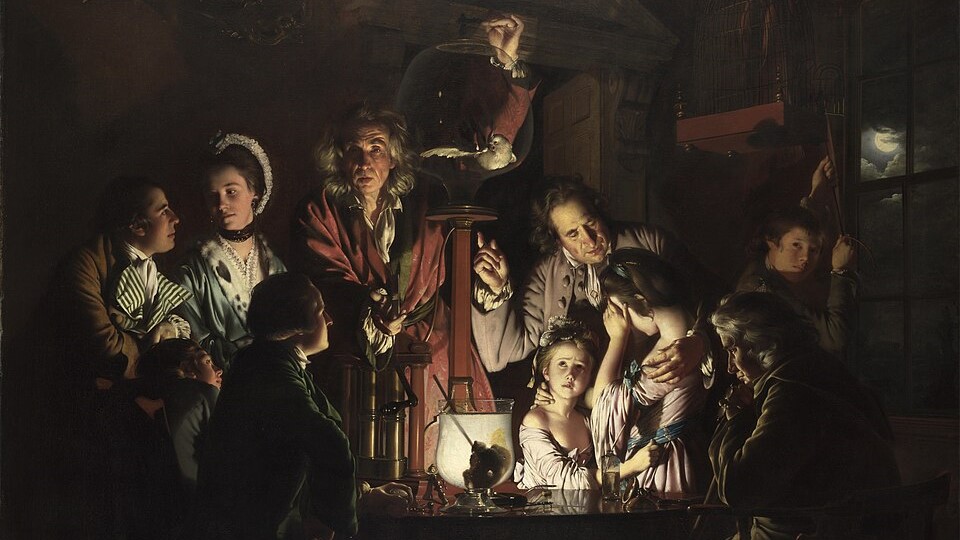
‘The moment of birth for the modern myth of progress is when Western thought retained the linear time-scheme of Christianity but radically reinterpreted its content. This “humanist turn” was essentially a process of secularization, during which divine providence was replaced by human reason…’
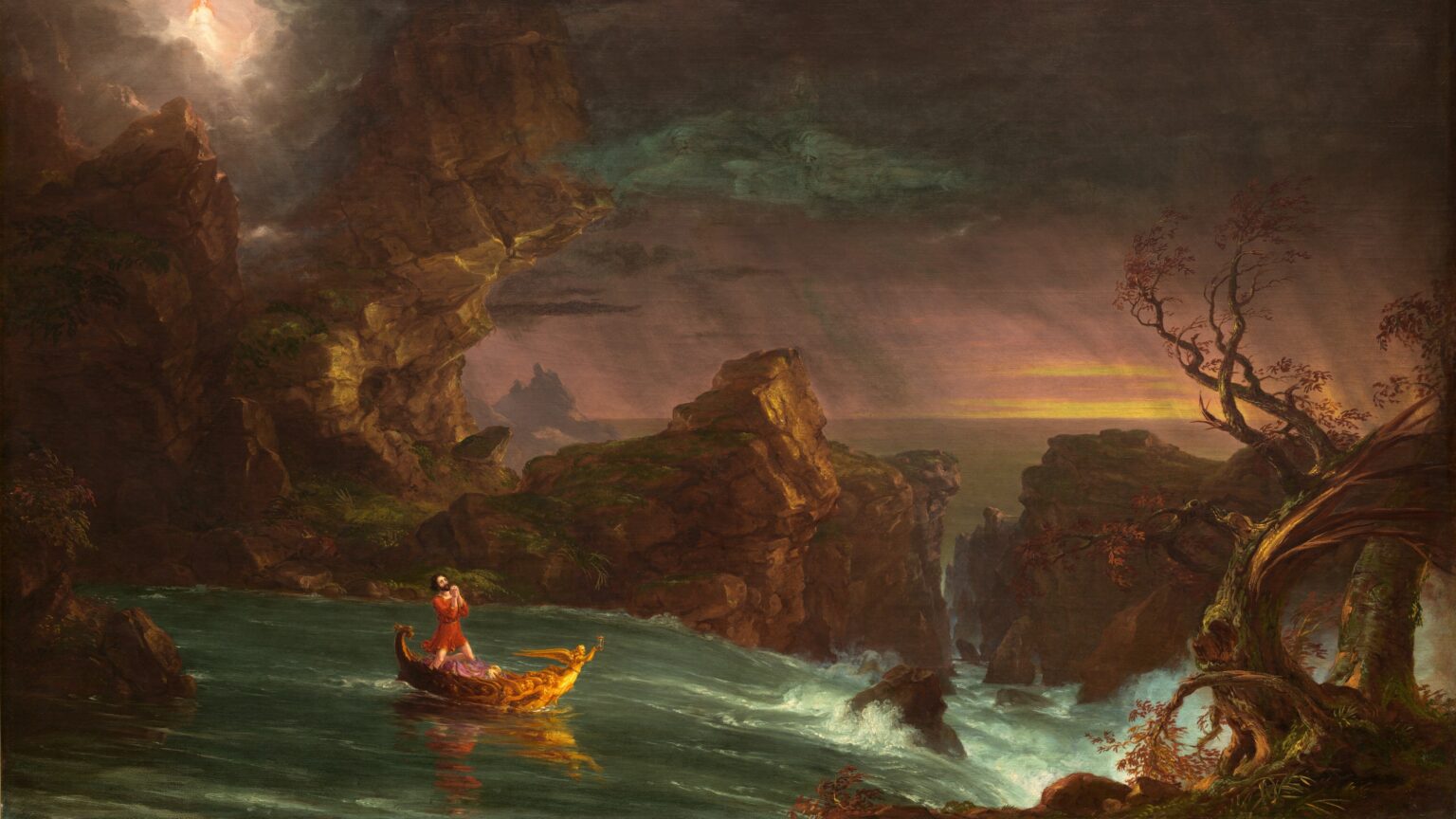
‘In our own “post-liberal” moment, Thatcher’s Arminian liberalism deserves a second look. Liberalism, rightly understood, was never meant to be the cult of the autonomous self. It was the civic translation of a theological truth: that we are created free so that we might learn to use freedom well.’
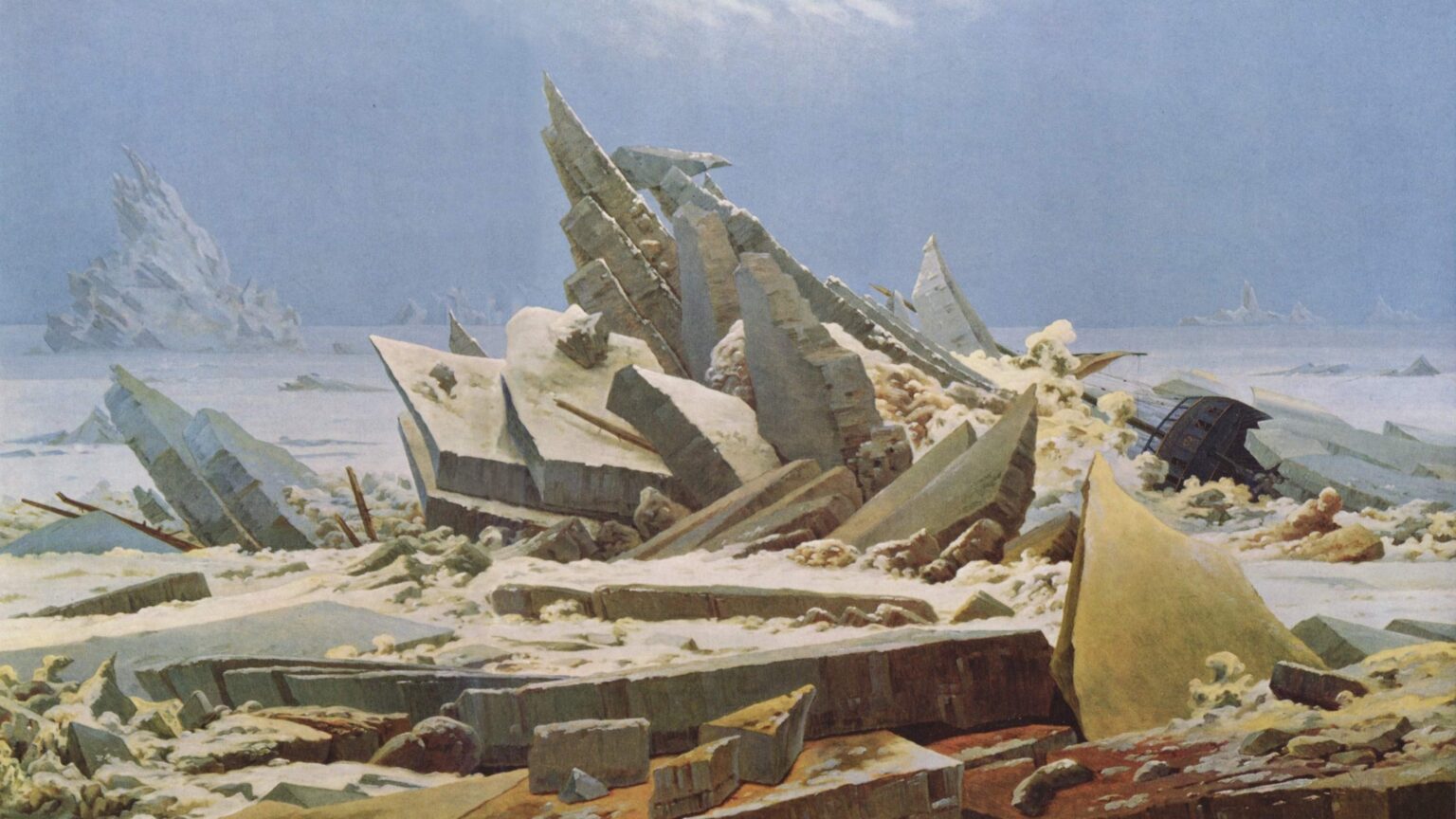
‘The problem is not whether progress has material benefits—it would be foolish to deny them—but that the concept of progress has forced upon us a materialist and quantitative worldview that is incapable of measuring, or even perceiving, what was lost in the process. …Our diagnosis, therefore, is not that progress is heading in the wrong direction, but that “progress” itself is the wrong compass.’
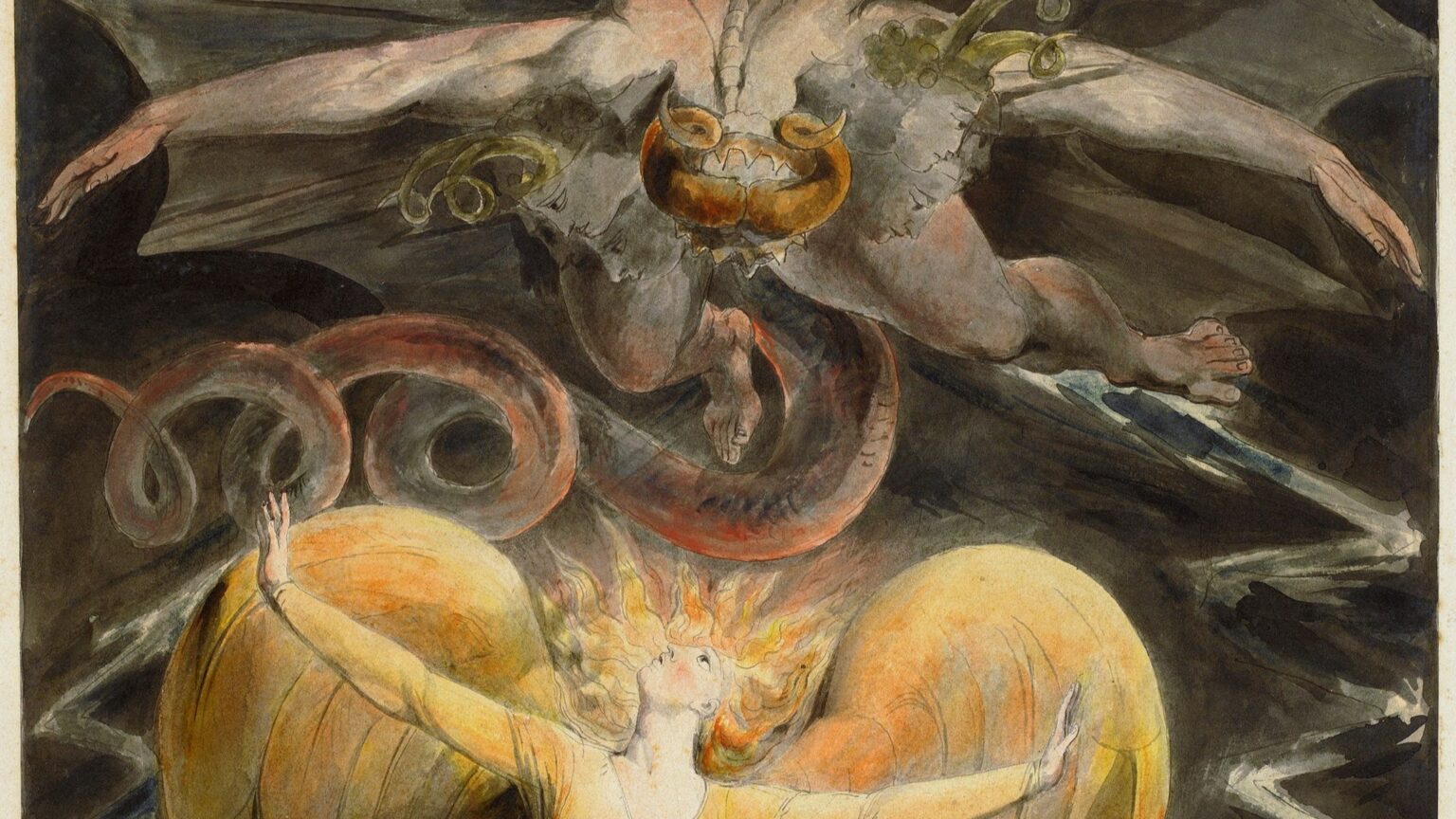
AI are minds deprived of almost everything we previously viewed as essential to one. Is this not the very definition of a demon?
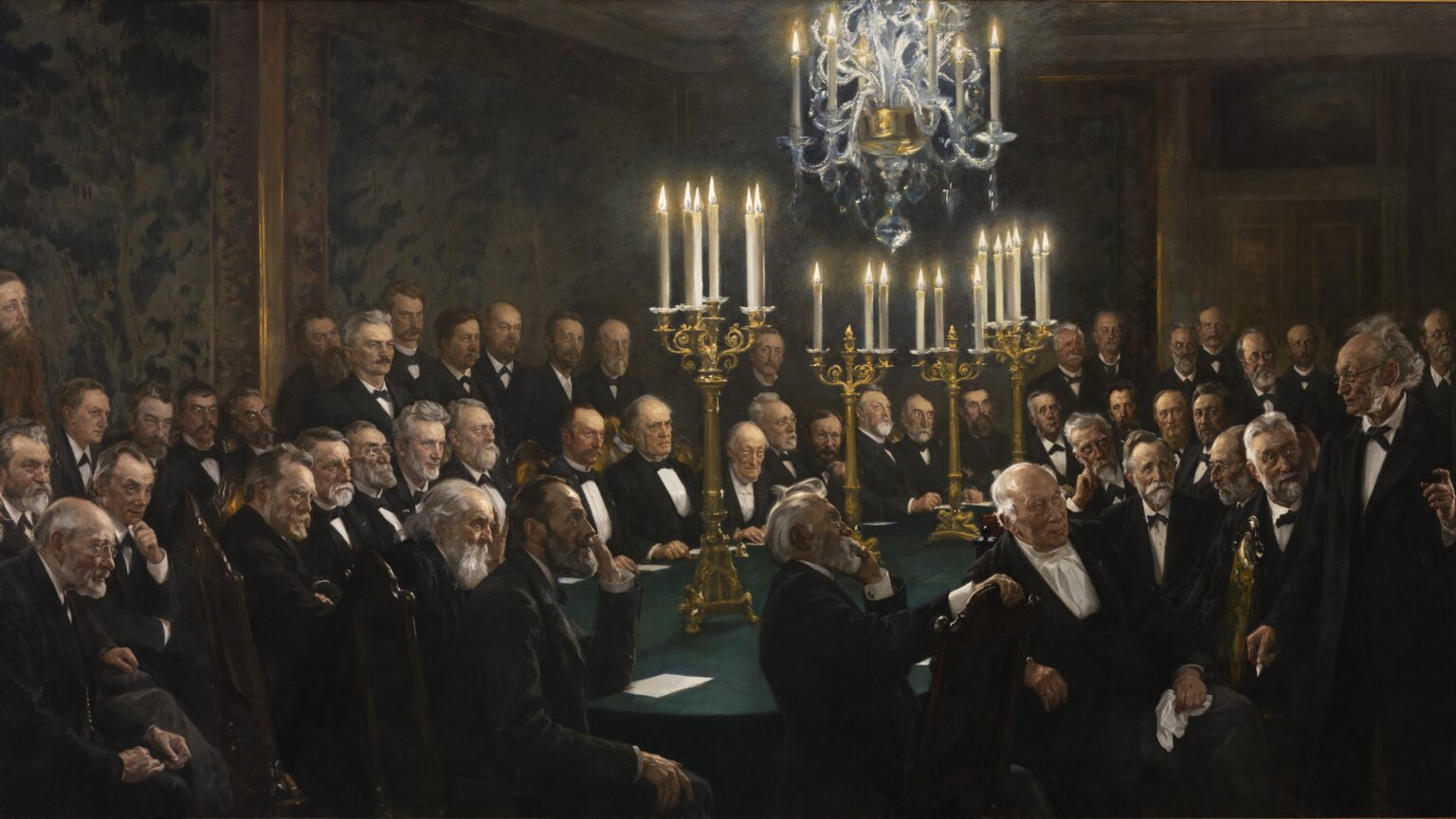
‘Whereas Augustine’s inner self pointed beyond itself to God, Rousseau’s pointed only inward. Conscience, no longer an echo of divine law, became the voice of the self. Politics, in turn, had to be remade in its image: the true will of the people was nothing less than the collective expression of each individual’s inner authenticity.’
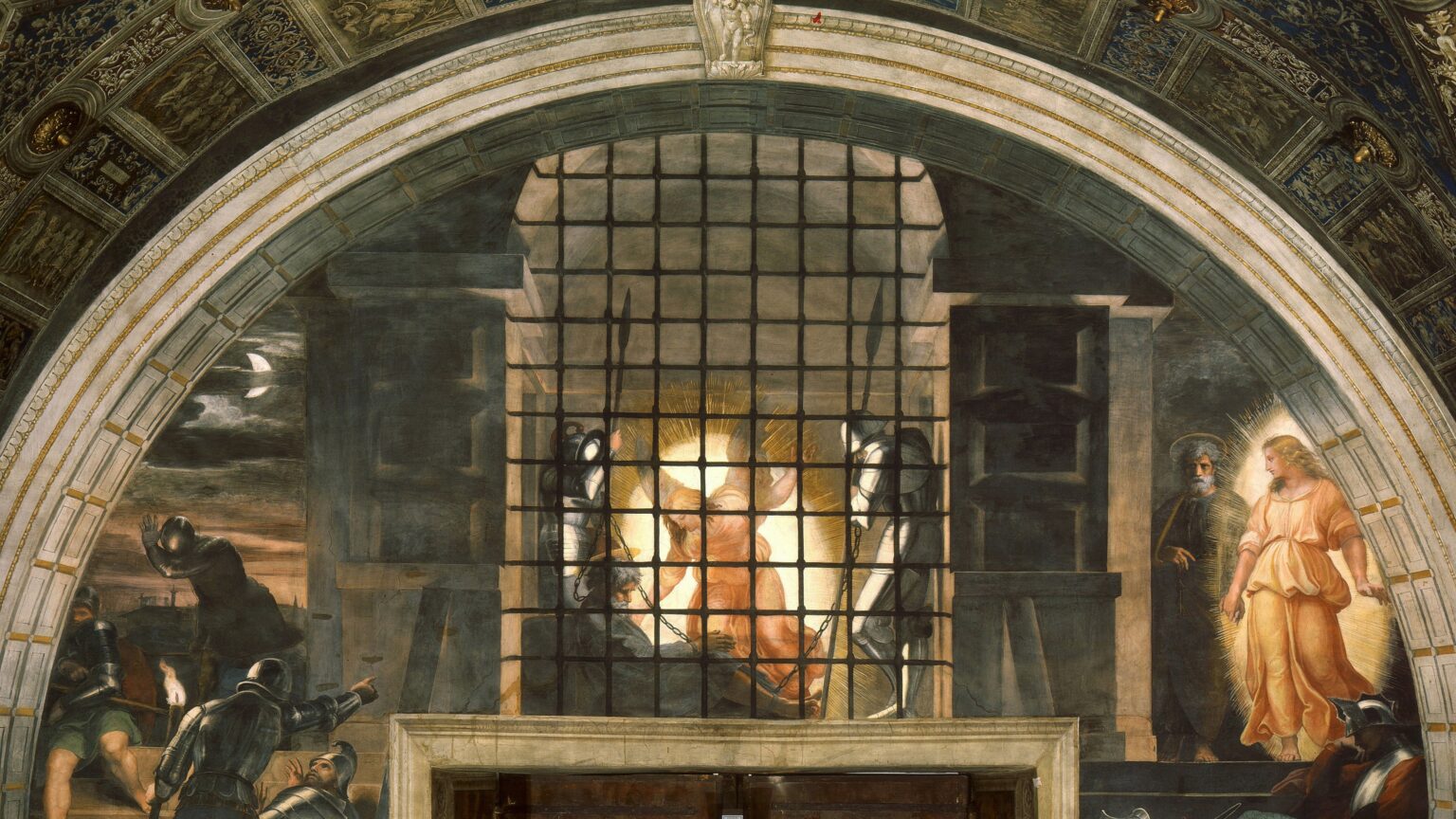
‘True freedom is a paradox: we are most free when we accept the burdens of responsibility. A society that worships liberty without responsibility ends with neither. But a society that remembers responsibility as the guardian of liberty secures both.’
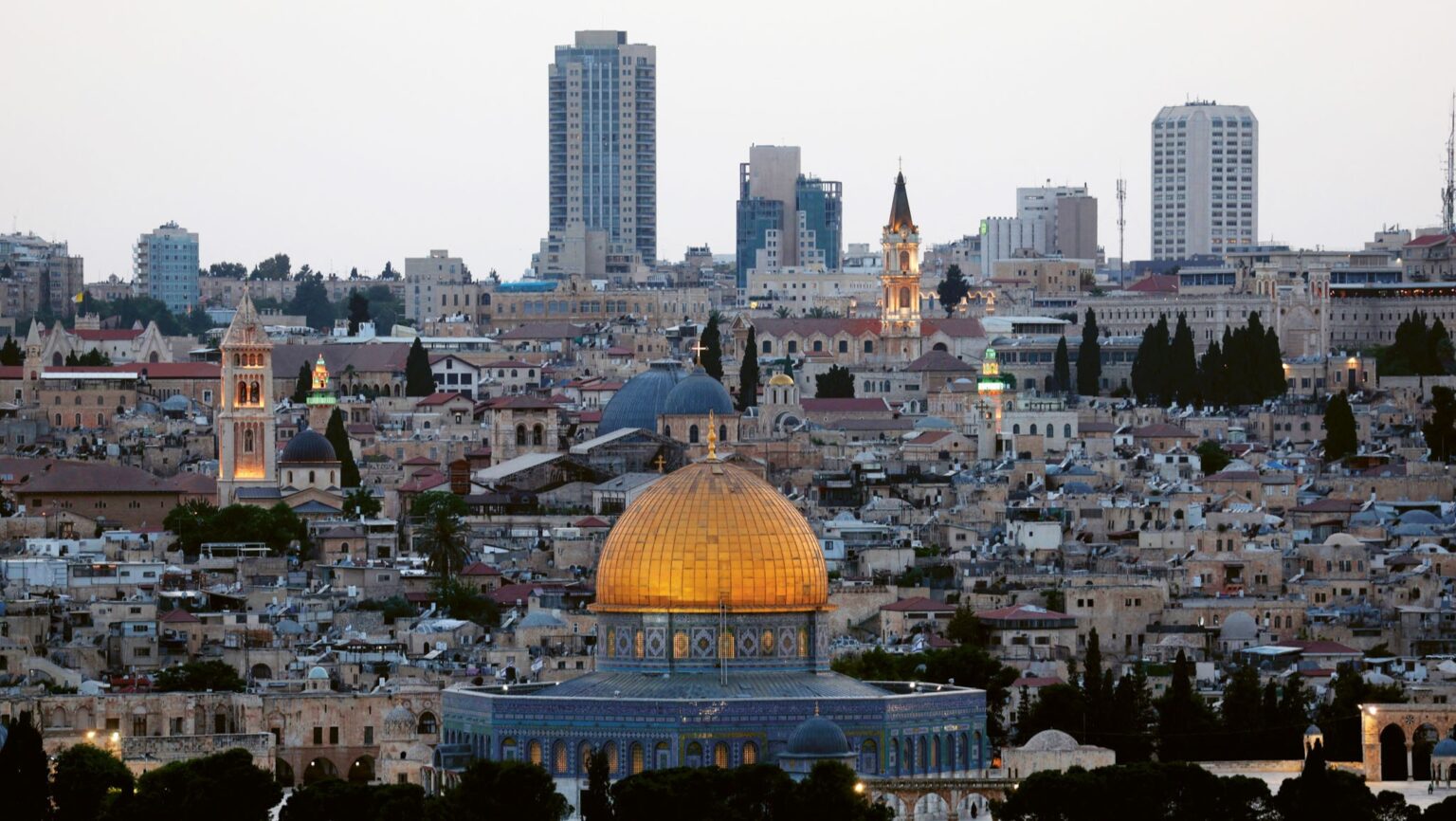
‘Lévy is ultimately boxed within the same pre-October 7 suppositions that paralyse legacy Jewish institutions cornered by anti-Zionist Wokeism yet unable to broaden their appeal or become agents of larger coalitions…Yet standing on those same rigid principles blinds Lévy to the prospect that, abandoned by liberals, Jews will either find new allies or perish as a sovereign entity capable of self-defence.’
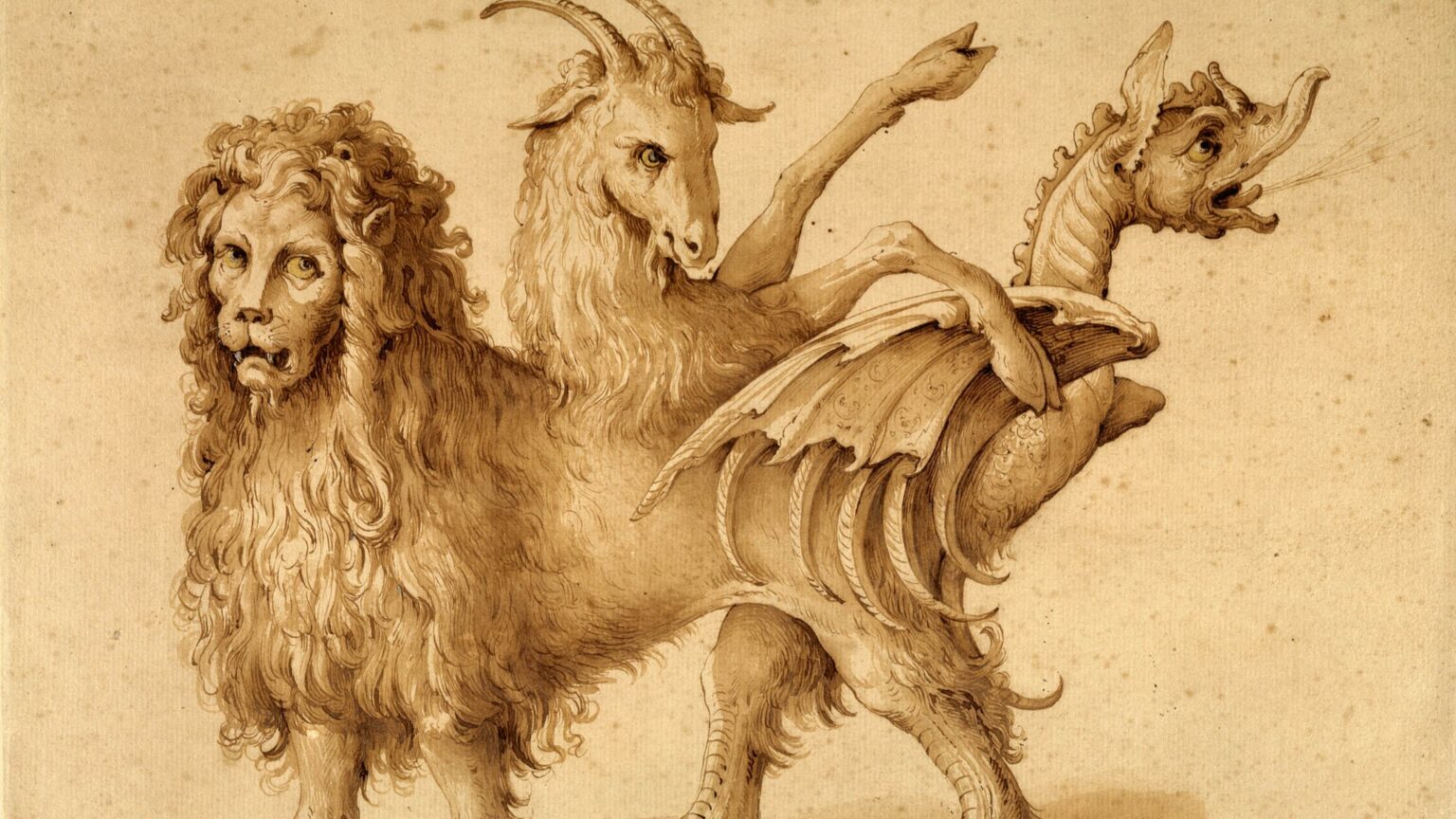
‘Without Christianity, there are no human rights, nor any democracy. Therefore, Fukuyama’s “Last Man” is not the triumph of human history at all, but quite the opposite: as he puts, that will indeed be the “End of History” for humanity. So, will Fukuyama be proved right in terms of humanism and the fallible fate of the “Last Man”? He has always been right.’
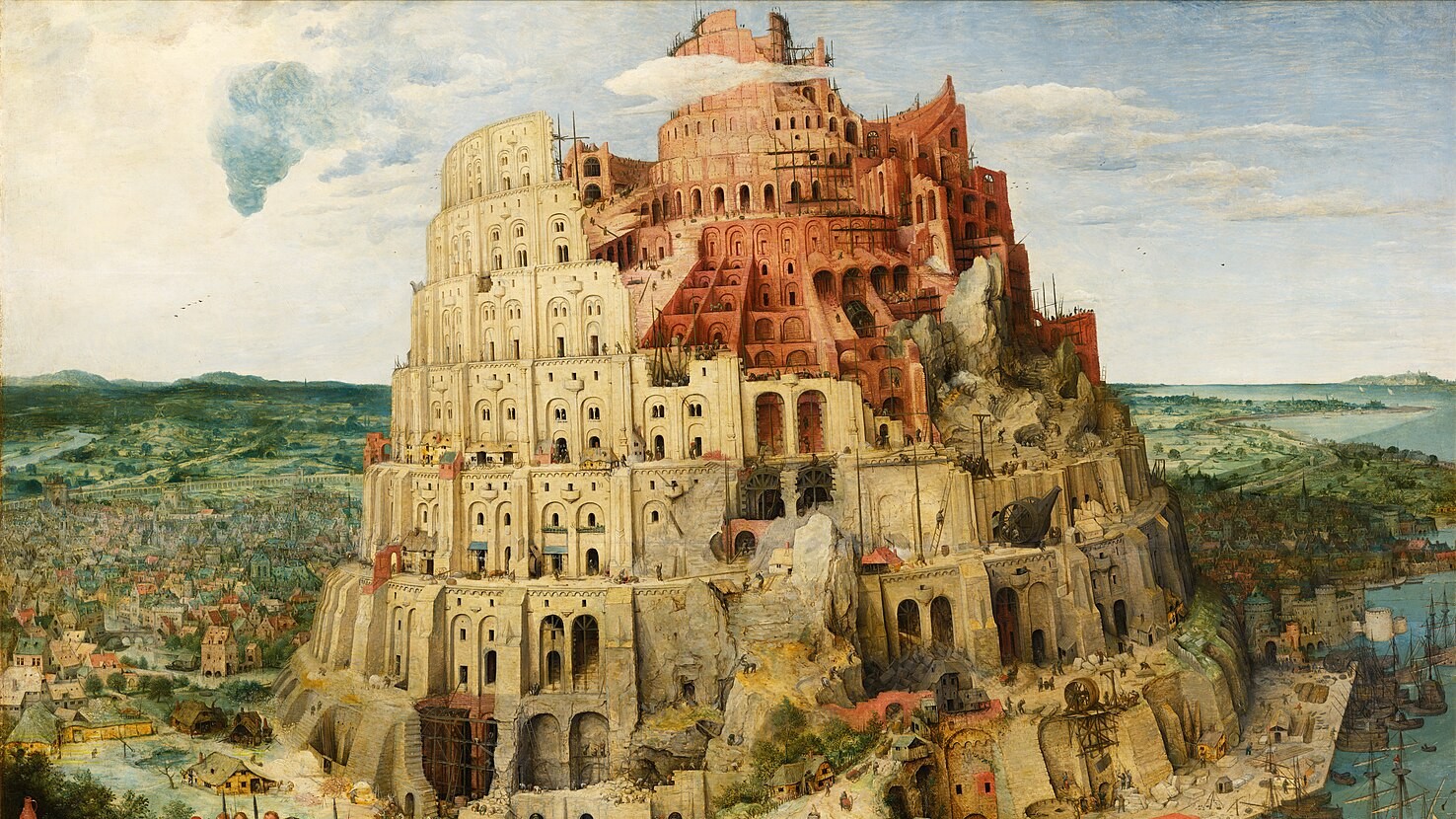
‘Paradoxically, it appears that democracy can only sustain and protect itself from collapse—whether through tyranny or chaos—by relying on elements that are not themselves democratic. It often seems easier to justify democracy with a quasi-mystical hypothesis than with one grounded in the actual conditions of political reality.’
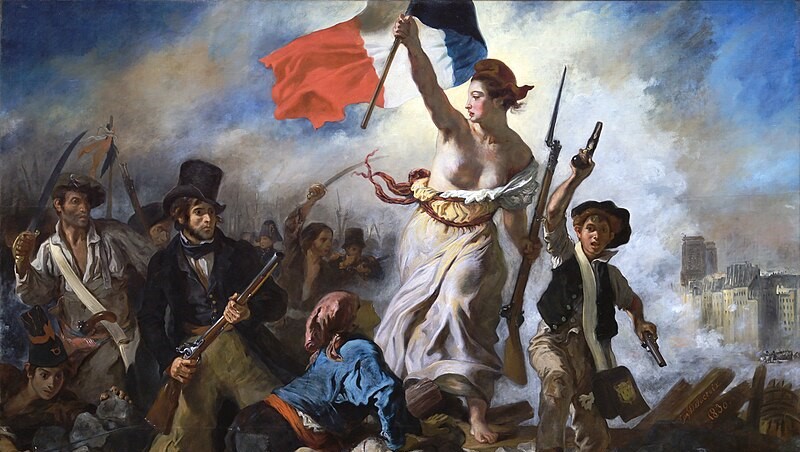
‘It is not an easy task to clean the concept of democracy from the secondary meanings that have been imposed on it during more than two centuries of modern usage. I will not attempt to solve this task; instead, I will undertake a brief interpretation of a very simple principle, the principle of quantity, and its role in modern democracy, in relation to political religion and rationality.’
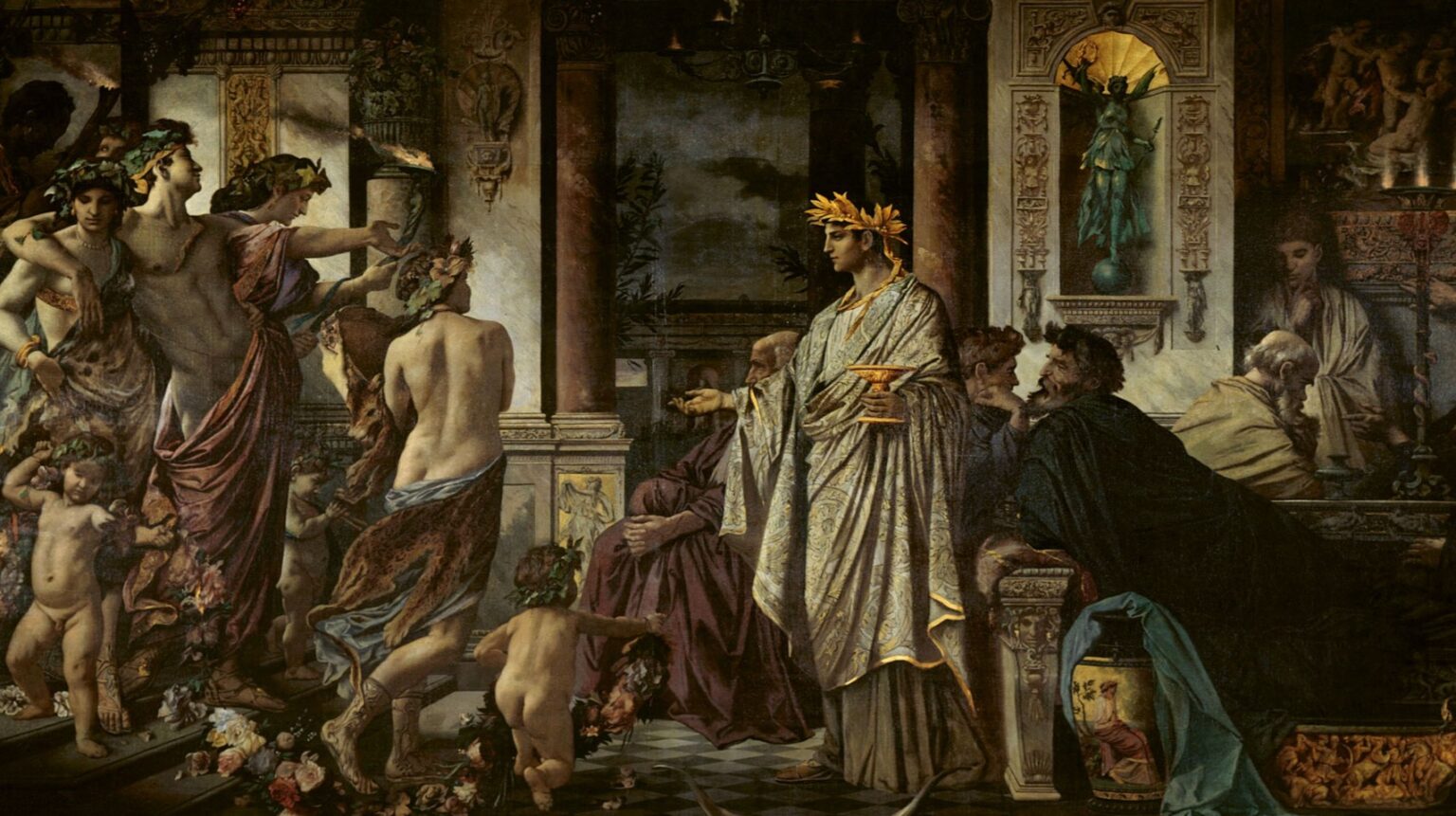
‘Liberalism…had reached its full potential by the twentieth century. It has achieved its highest goals and, in doing so, has cut the human person off from tradition, religion, and natural communities. The struggles of the first progressive ideology seem to continue to this day, but they are clearly a substitute for action.’
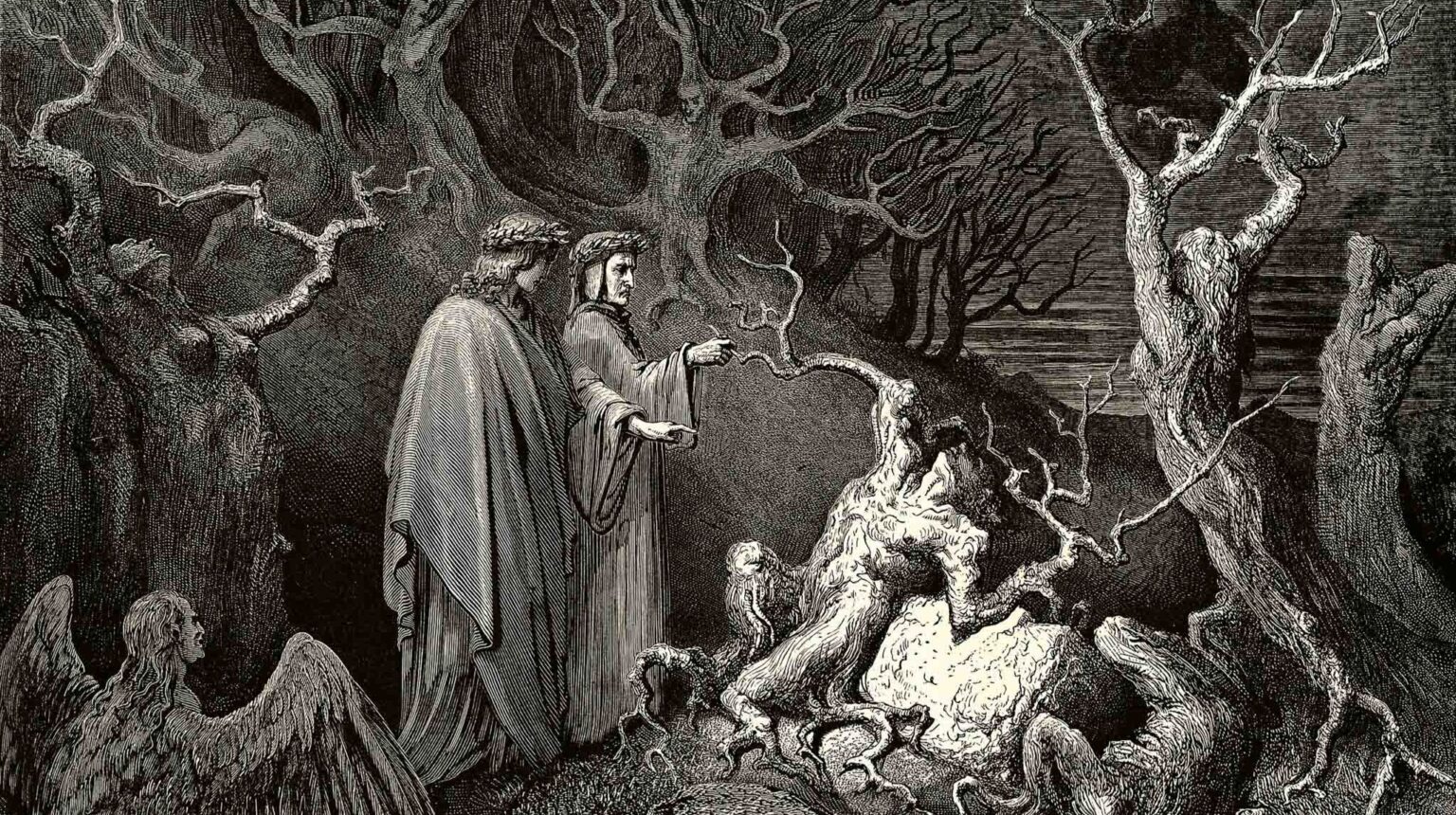
‘The fleshy vernacular of this new version of the Inferno forces us to slow down and see, feel, taste, smell, and almost touch the reality of our sin—as Christ did in the Incarnation. Perfect sight awaits us in paradise, but to attain it, our vision needs to be healed, one line at a time.’
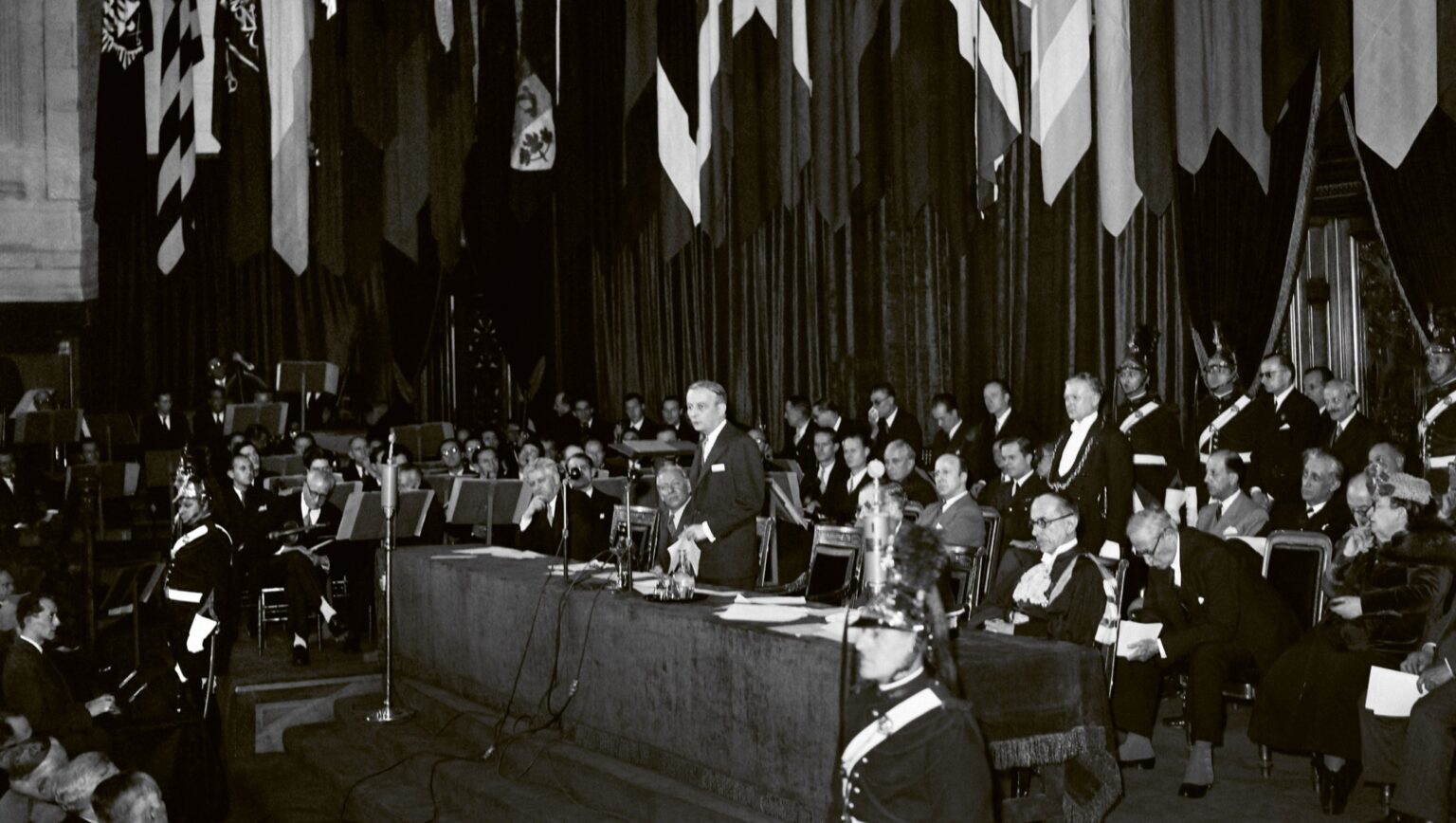
‘UNESCO’s programming in the areas of education and the social and human sciences, combined with the work of the UN Office of the High Commissioner on Human Rights and international human rights treaty body committees, transformed the aspirational UDHR into a “living” instrument for realizing Huxley’s progressive vision.’
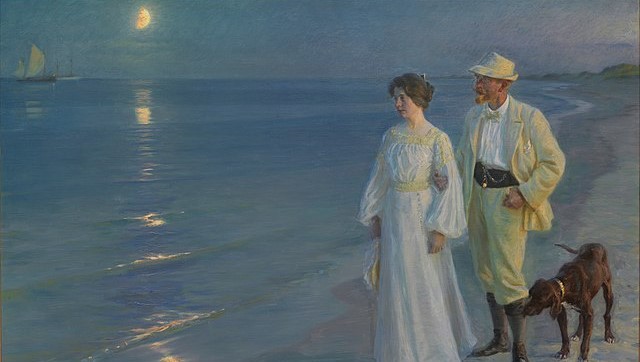
‘It can no longer be said that the individual manqué is merely a “shadow”; it appears, rather, to be the norm. Today, it is worth reflecting on the extent to which, since Oakeshott’s death, the European experience has shifted from Societas to Universitas—and on the current condition of both the individual and the “mass man”.’
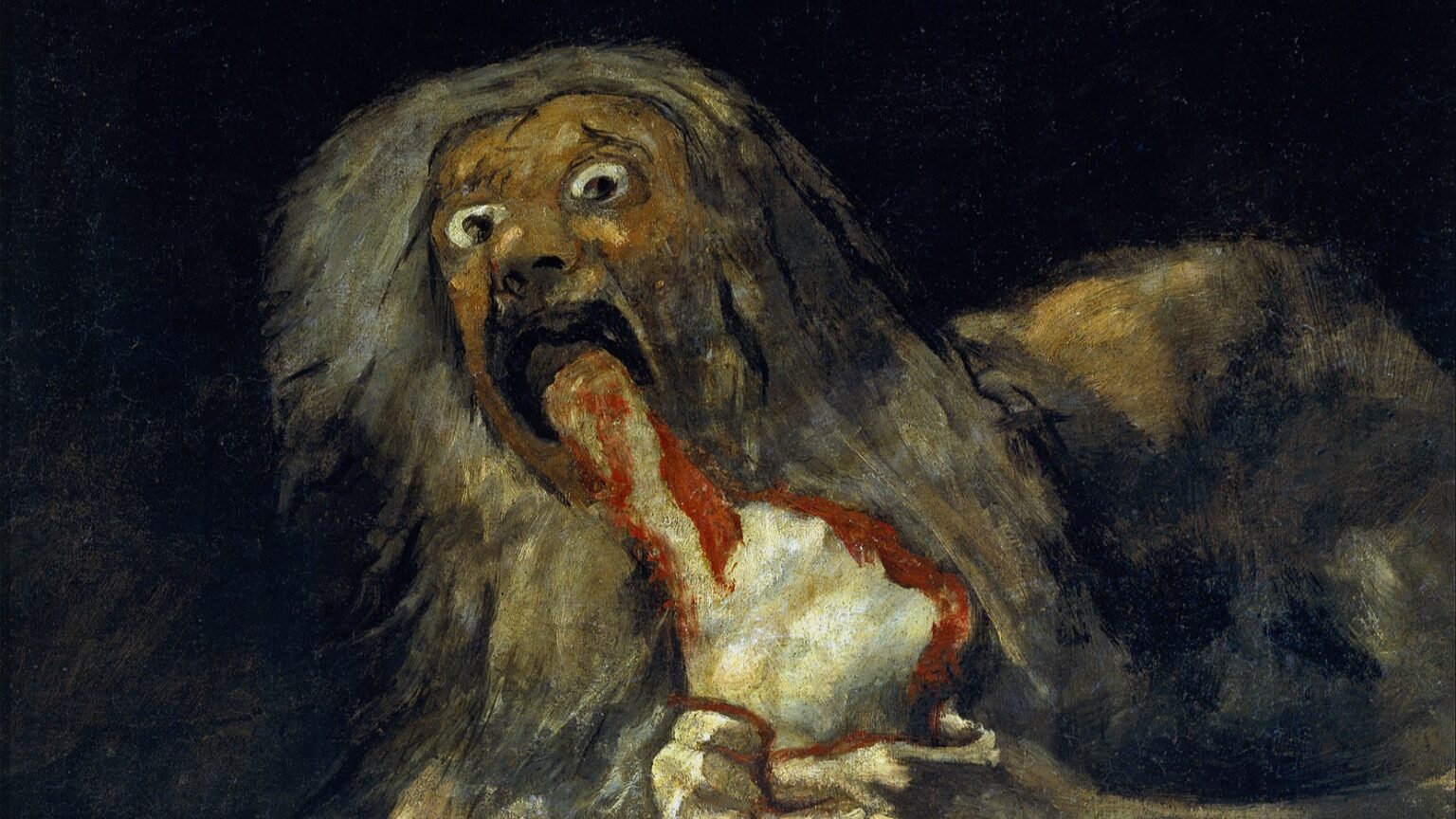
‘[T]he…West…has finally reached the Baudrillardian singularity, and become completely absorbed by a self-referential simulation that its own leaders have created. This simulation continues to insulate the leaders of the West, but as rays of underlying reality start to shine through the cracks in the edifice, most people conclude that our political systems are becoming increasingly “fake”.’
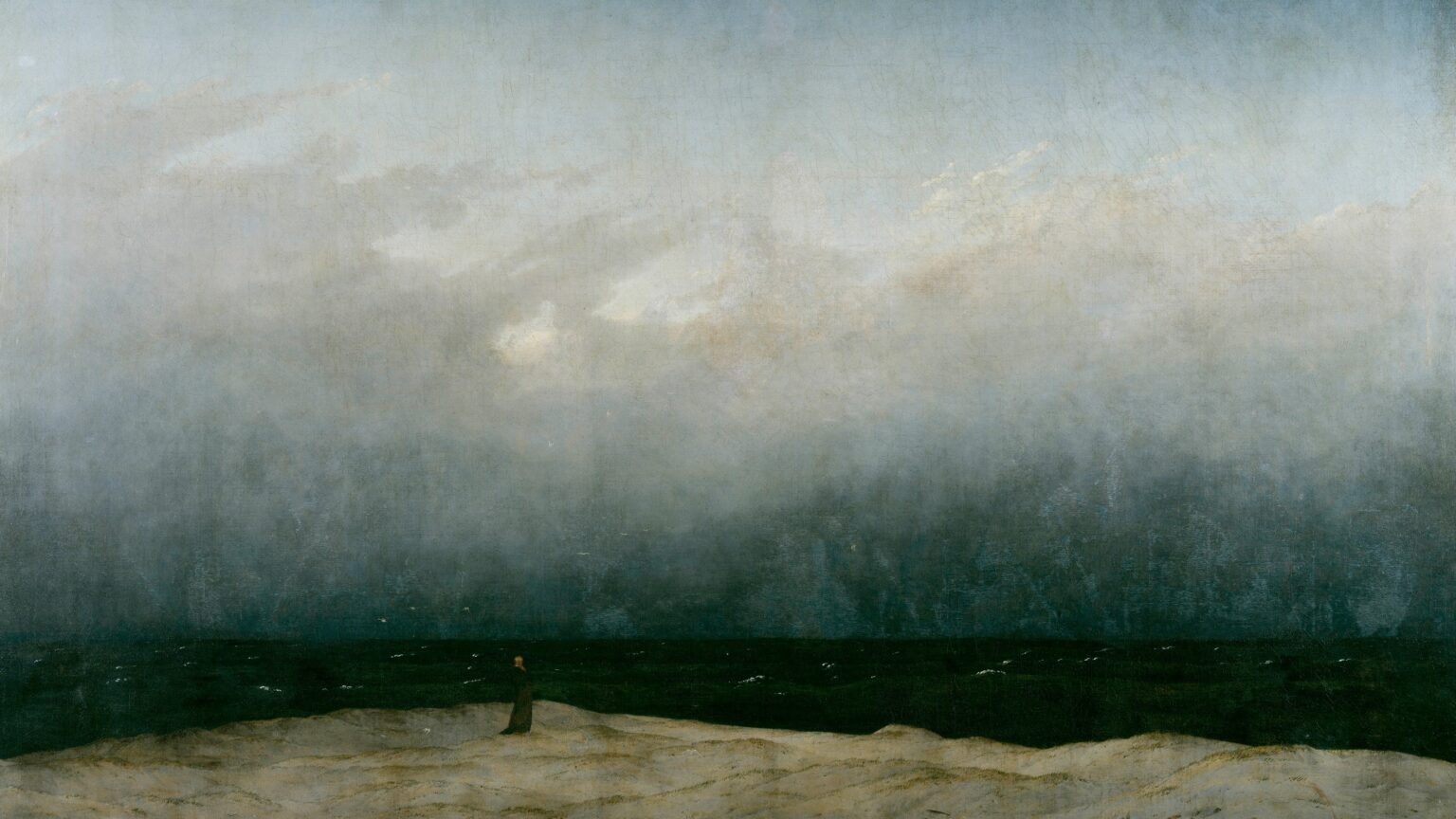
‘The mass man is incapable of making authentic, personal decisions in situations of crisis or autonomy. For this reason, he requires a leader—someone who can think, decide, and act on his behalf. This leader makes the mass man aware of his power through numerical superiority and conformity, shaping modern mass states.’
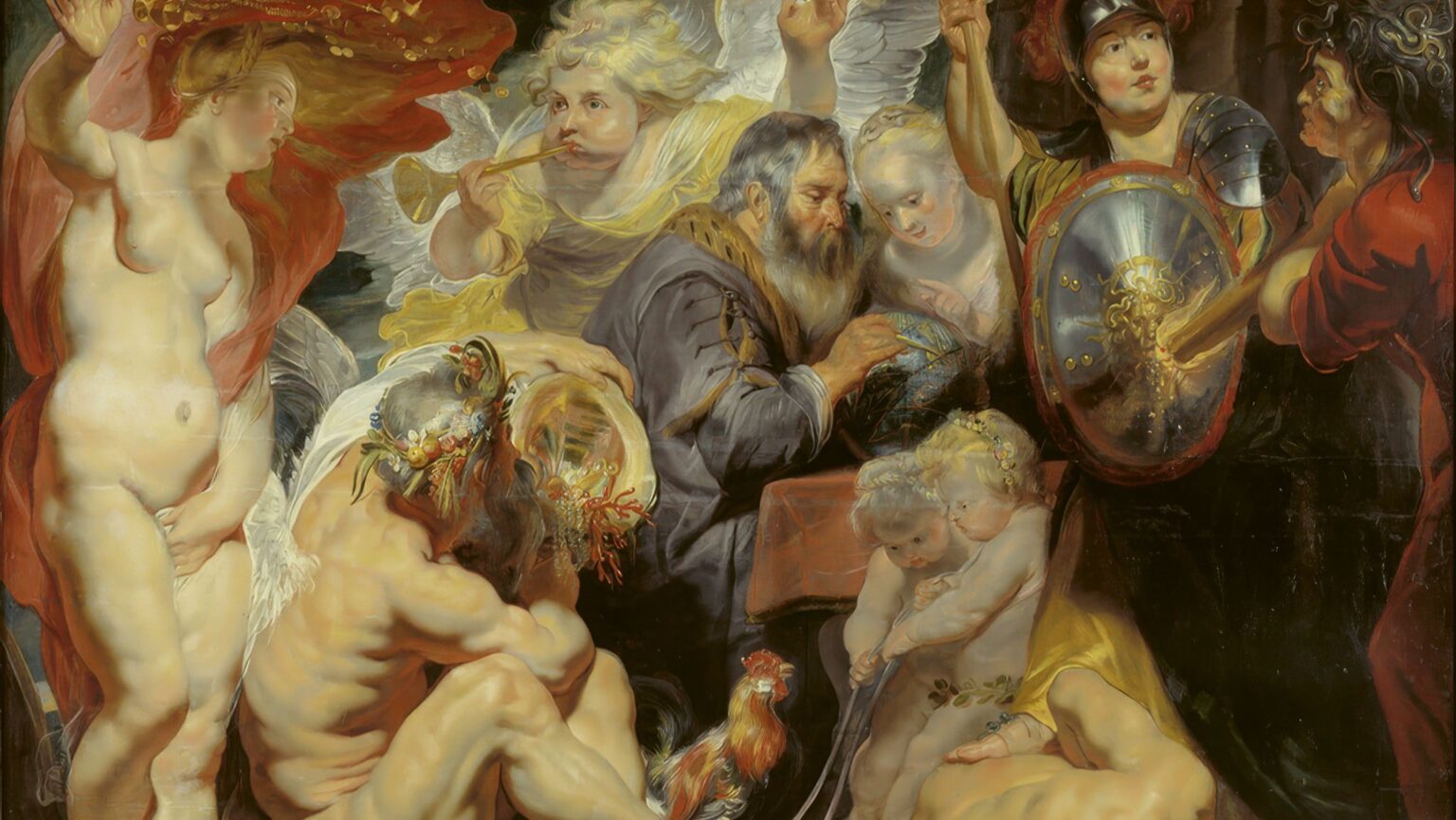
‘In the twenty-first century, it might be thought quixotic…to be highlighting ideas about the purpose of universities that have anything to do with conservatism…The dominance of a progressive liberal “idea of a University” should not, however, let us forget that there is a conservative “idea of a University” waiting in the wings and ready for the opportunity to reassert itself…’